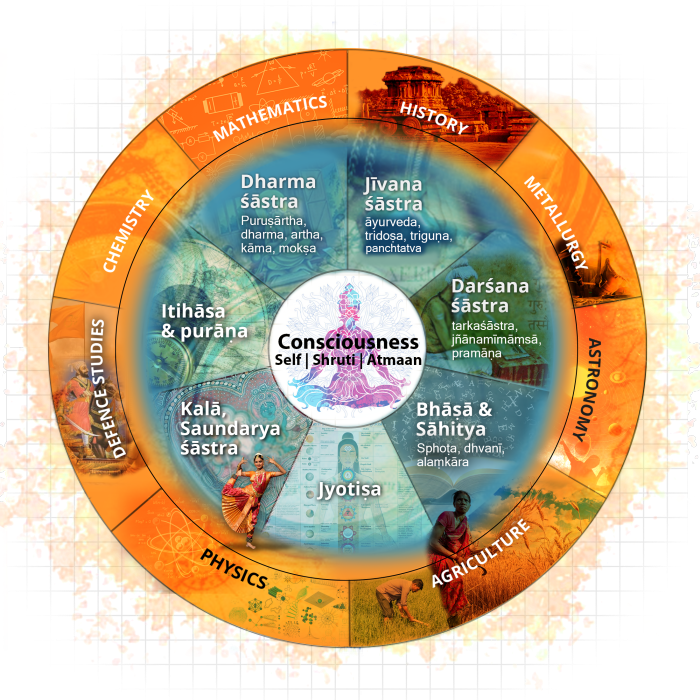
Indic Knowledge System is a collective quest of a very wide range of themes by Indians. Since the dawn of our civilization, Indians have been inquisitive and engaged in open-minded enquiry of issues ranging from numbers, language, planets, matter to mind, health, ecology and so on. Their quest took them from the minutest particles to the grand scheme of cosmos; from consciousness to matter; from music to language; from pragmatic issues to the ultimate reality.
Indians proposed the holistic nature of knowledge where disciplines knew no boundaries. Such a comprehensive quest for a vast knowledge system has no parallel in the history of humankind. It emphasizes the interconnectedness of various fields of study and seeks to comprehend the ultimate nature of reality. It investigates the nature of the self, the universe, and their relationship to one another and acknowledges the existence of a higher consciousness. The Vedas, the Upanishads, and other sacred texts act as the groundwork of this framework, giving experiences into mysticism and morality; opening up the way to self-exploration.
Furthermore, the Indic Knowledge System places a strong emphasis on observation, contemplation, and personal experience as a means of acquiring knowledge, with the guru-disciple tradition playing a crucial role in transmitting wisdom from generation to generation.
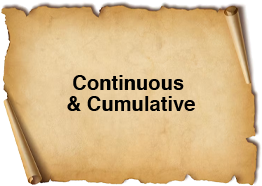
IKS represents a rich heritage of thinkers, texts, and conceptual frameworks in various domains of human thought and experience, forming a continuous and cumulative tradition.
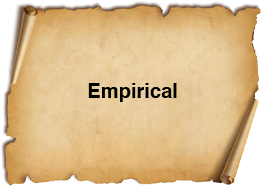
The tradition is based on empirical evidence, meaning that the conceptual frameworks proposed in primary texts are derived from actual practices and observations.

The tradition relies on oral transmission, where texts are predominantly communicated orally. Due to the inherent complexity of expression and abbreviated conventions, these texts require specific effort from readers to understand them.

IKS places great importance on language, particularly on the sabda (word). In all texts, meticulous care is taken to define terms with precision. Interpretation is essentially a linguistic exegesis.

The technical terms used in IKS are often interdisciplinary. Simultaneously they are familiar words used in ordinary languages such as dharma, citta, buddhi, rasa, anu etc.

As popular and scholarly tradition continuously interact with each other, IKS has the tendency to be embraced by people from all walks of life. Folk and Classical tradition enrich each other through fluid boundaries and open exchanges.

The thinkers are constantly searching for one, ultimate principle or structure that should explain all diverse phenomena from the mundane to the divine. Rasa, for example, is a category of chemistry, medicine, cooking and literary aesthetics.

Knowledge within IKS serves a purpose beyond itself—it is justified by upholding dharma (moral duty) or rta (the inherent balance in the individual, society, and cosmos).
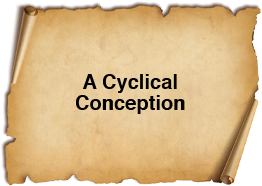
Indian thought system is grounded in the theory of cyclical movement of time which sees recursion of fundamental ideas on various scales, depending on space, time and circumstances.

Every discipline of IKS offers multiple versions or explanations of the core idea that help seeker to understand it through different epistemological framework. This also encourages the exploration of various competing yet complementary aspects of IKS.
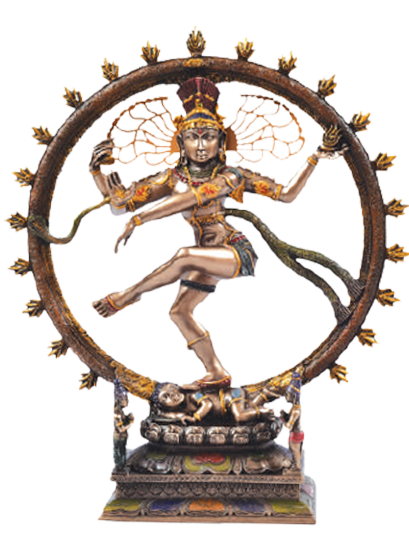
Why this Course?
India has always been a knowledge society. To perpetuate the knowledge tradition, a nation needs institutions to carry it from one generation to another. India always had such institutions. In modern times, the University system is the carrier of this knowledge tradition. The universities are full of creative talent. The modern youth has a lot of energy. Knowing the cumulative strengths of their culture and society will help them give perspective and channel their creative energy to meaningful purpose.
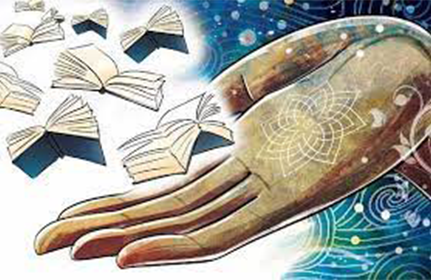
India is the only ancient civilization where knowledge was deified. But as a nation we have not done justice to Indic Knowledge Systems.
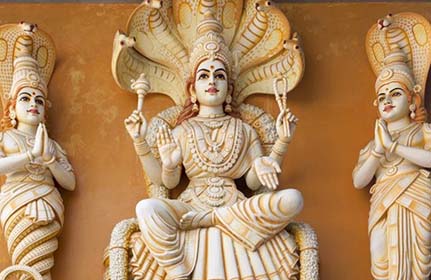
Higher education around the world is facing a crisis. Students are caught between the ever increasing cost of tuition and the permanent loss of jobs due to automation and AI.
.jpg)
What is the world that nature manifests? This question is answered by the traditional conception of 'five elements', shared largely in common by Indian and European traditions.